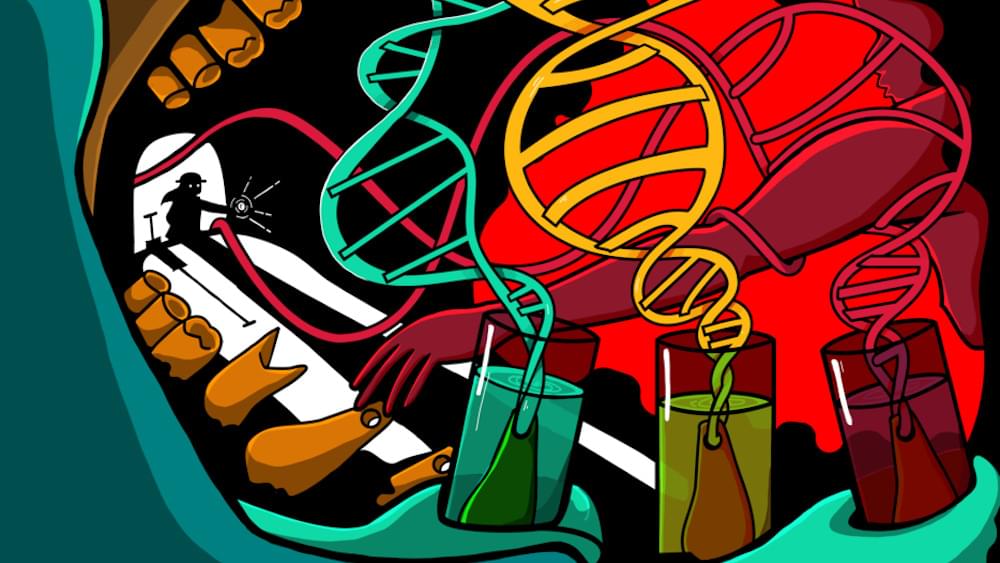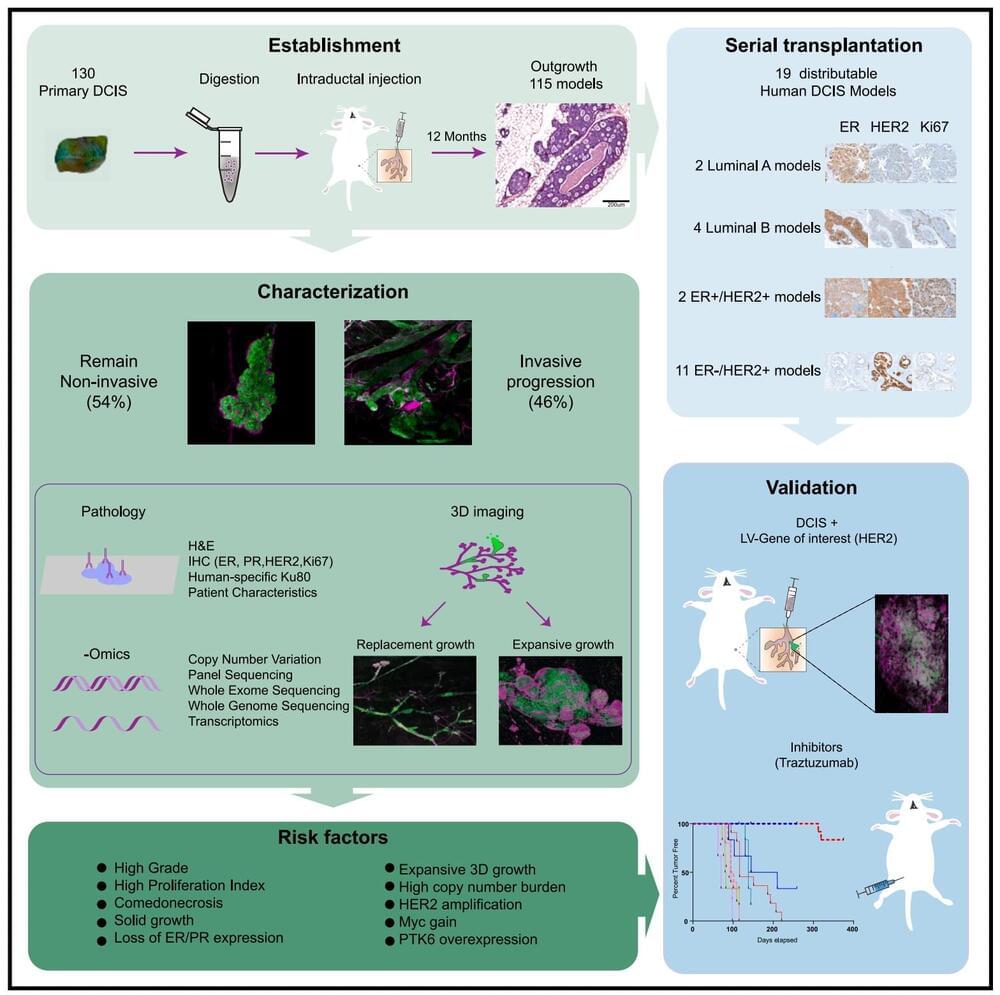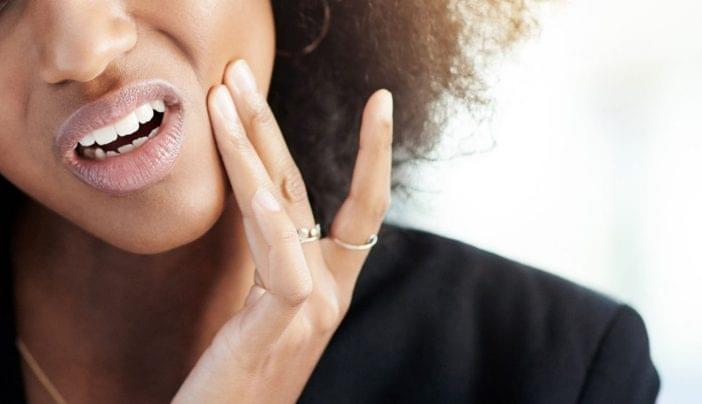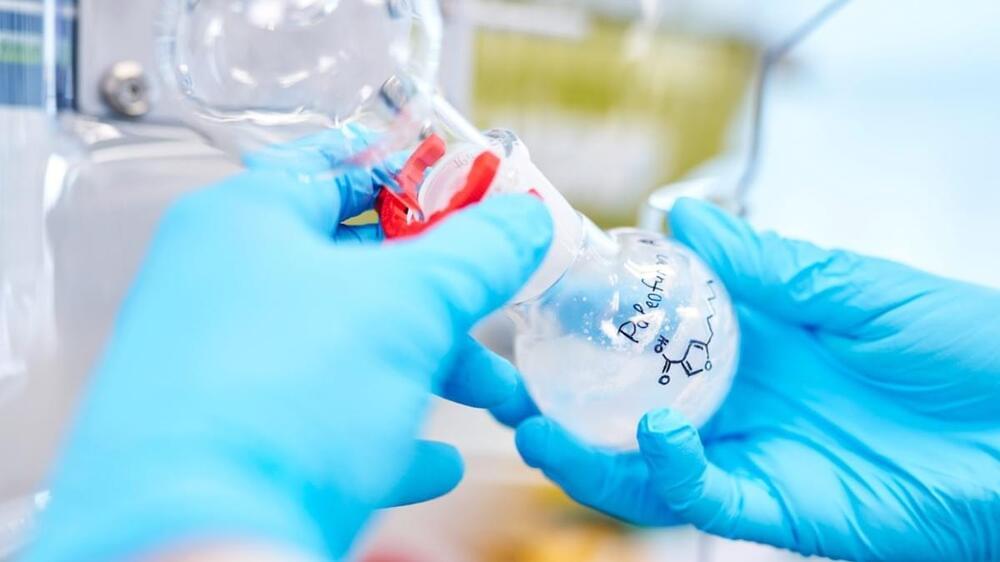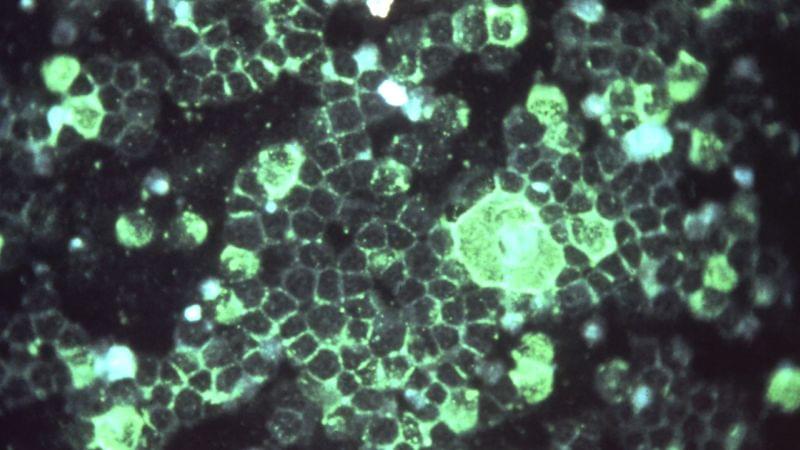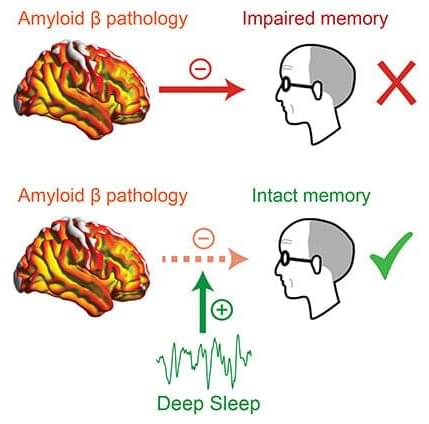An artificial intelligence system enables robots to conduct autonomous scientific experiments—as many as 10,000 per day—potentially driving a drastic leap forward in the pace of discovery in areas from medicine to agriculture to environmental science.
Reported today in Nature Microbiology, the research was led by a professor now at the University of Michigan.
That artificial intelligence platform, dubbed BacterAI, mapped the metabolism of two microbes associated with oral health —with no baseline information to start with. Bacteria consume some combination of the 20 amino acids needed to support life, but each species requires specific nutrients to grow. The U-M team wanted to know what amino acids are needed by the beneficial microbes in our mouths so they can promote their growth.
